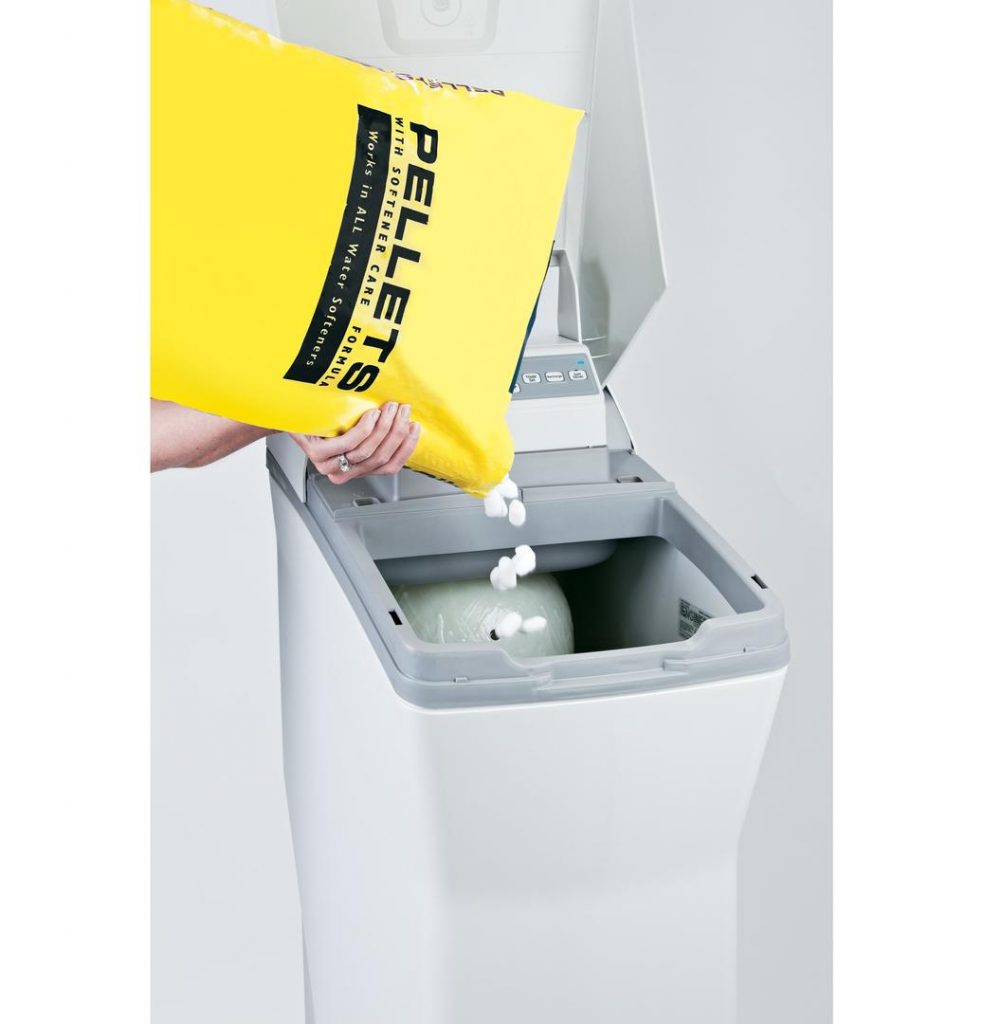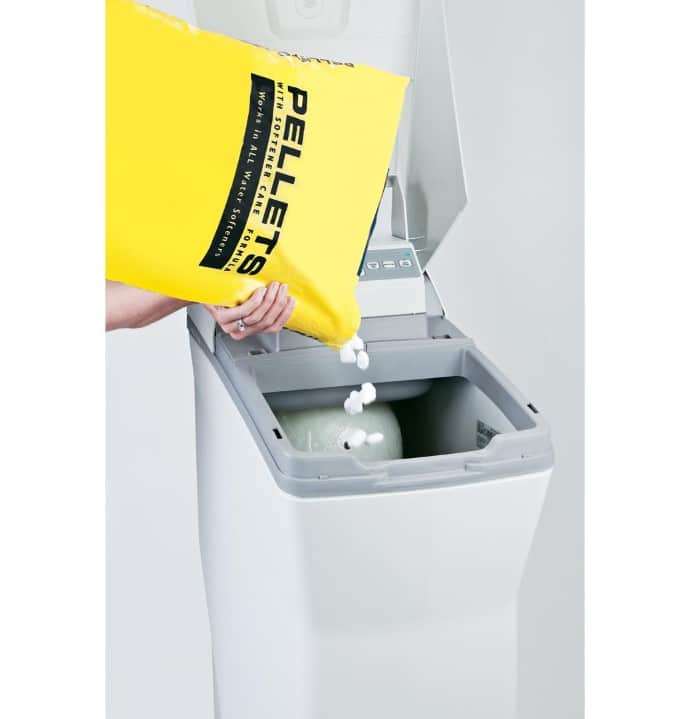
Since you have already decided to stay in the old house, you wanted to see if everything was functioning well. Admittedly, there were old furniture and no modern appliance at all. You needed to make it a contemporary home for you to live in without eliminating the old style that it had. After a few weeks of remodeling, you finally had the house inhabitable again. The only problem left was the hard water that the area had. As you know, hard water made it very difficult for your housekeeper to clean anything. You noticed that she had to run many three to four times to the grocery just to buy soap again and again. The water bill also kept on going up because of the repeated washing and rinsing.
This was not going well for you. If that kind of spending kept on, you would have run out of savings by the end of the year already. The easiest solution to this was to use a water softening system. This was the first time you were going to use such a system together with your cesspit. You always knew that the cesspit should be well-taken care of. You even had it treated on schedule even if no one actually used it all the time.
But before you actually had a water softening system installed, you did some necessary research to enlighten you how water softeners affect cesspits and do water softeners harm cesspits?:
1) The discharges of the water softening process that contain iron, magnesium, and calcium actually improve the percolation rate of the surrounding soil absorption system. These elements make the air and water movement much better that’s why the percolation rate gets to be smoother. It is a very reassuring fact that water softeners do not harm the cesspit at all. The salt discharge from the hard water doesn’t even kill off the bacteria. It doesn’t bind with the clay in the surrounding soil that results to a hardened compound that clogs the soil absorption system. The salt actually enhances the digestion of the resident bacteria.
2) The water load that enters the cesspit is not that big because it would only take 2-3 times of water softening treatment in a week for a household of about four people. The normal water load gives the bacteria to degrade the solid wastes thoroughly. If there are fewer inhabitants in the home, water softening is much less frequent.
3) Water and soap consumption area also lessened significantly. That is why you save more. Your water bill goes down and you only get to buy soap once a month. It would also help if you have a dry well installed beside your cesspit. This would help your cesspit with the grey water that comes from the washing machine and dishwasher.
After a few months of using water softeners, you have conclusion to the question do water softeners harm cesspits is that they do not harm cesspits at all when installed properly. Finally, you could finally settle in the land where your ancestors were born and raised.
